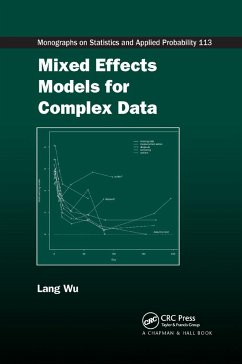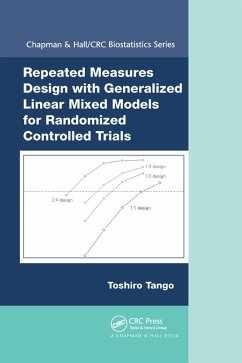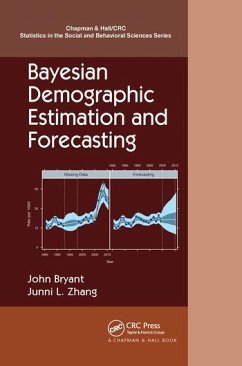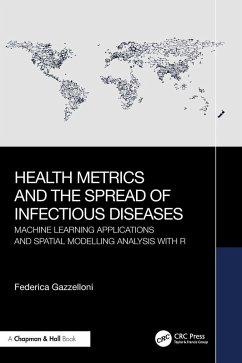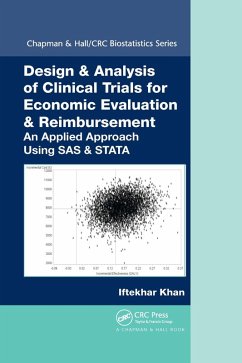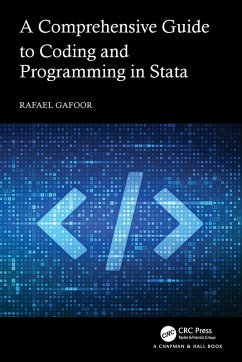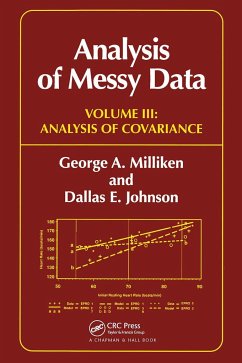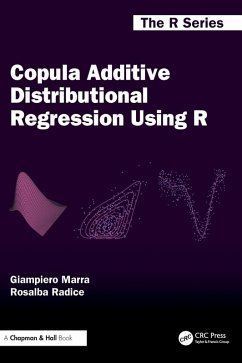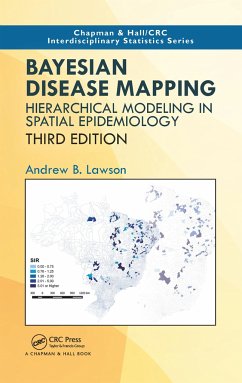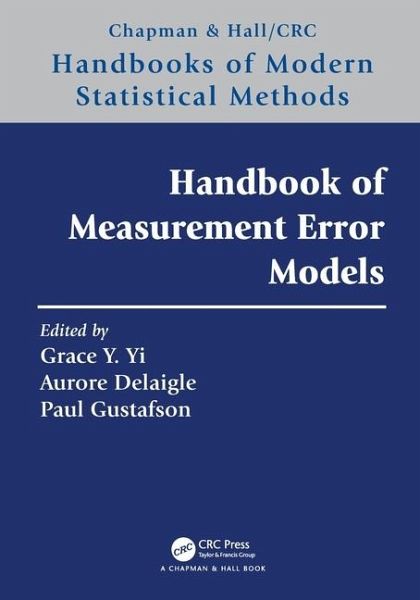
Handbook of Measurement Error Models
Versandkostenfrei!
Versandfertig in 6-10 Tagen
77,99 €
inkl. MwSt.

PAYBACK Punkte
39 °P sammeln!
Measurement error arises ubiquitously in applications and has been of long-standing concern in a variety of fields, including medical research, epidemiological studies, economics, environmental studies, and survey research. While several research monographs are available to summarize methods and strategies of handling different measurement error problems, research in this area continues to attract extensive attention.The Handbook of Measurement Error Models provides overviews of various topics on measurement error problems. It collects carefully edited chapters concerning issues of measurement...
Measurement error arises ubiquitously in applications and has been of long-standing concern in a variety of fields, including medical research, epidemiological studies, economics, environmental studies, and survey research. While several research monographs are available to summarize methods and strategies of handling different measurement error problems, research in this area continues to attract extensive attention.
The Handbook of Measurement Error Models provides overviews of various topics on measurement error problems. It collects carefully edited chapters concerning issues of measurement error and evolving statistical methods, with a good balance of methodology and applications. It is prepared for readers who wish to start research and gain insights into challenges, methods, and applications related to error-prone data. It also serves as a reference text on statistical methods and applications pertinent to measurement error models, for researchers and data analysts alike.
Features:
Provides an account of past development and modern advancement concerning measurement error problems
Highlights the challenges induced by error-contaminated data
Introduces off-the-shelf methods for mitigating deleterious impacts of measurement error
Describes state-of-the-art strategies for conducting in-depth research
The Handbook of Measurement Error Models provides overviews of various topics on measurement error problems. It collects carefully edited chapters concerning issues of measurement error and evolving statistical methods, with a good balance of methodology and applications. It is prepared for readers who wish to start research and gain insights into challenges, methods, and applications related to error-prone data. It also serves as a reference text on statistical methods and applications pertinent to measurement error models, for researchers and data analysts alike.
Features:
Provides an account of past development and modern advancement concerning measurement error problems
Highlights the challenges induced by error-contaminated data
Introduces off-the-shelf methods for mitigating deleterious impacts of measurement error
Describes state-of-the-art strategies for conducting in-depth research





